SHAMS: Sustainable Healthcare Access for municipalities in the South of Libya
Energy Sustainability ensuring Accessible Healthcare for the Population in the South of Libya
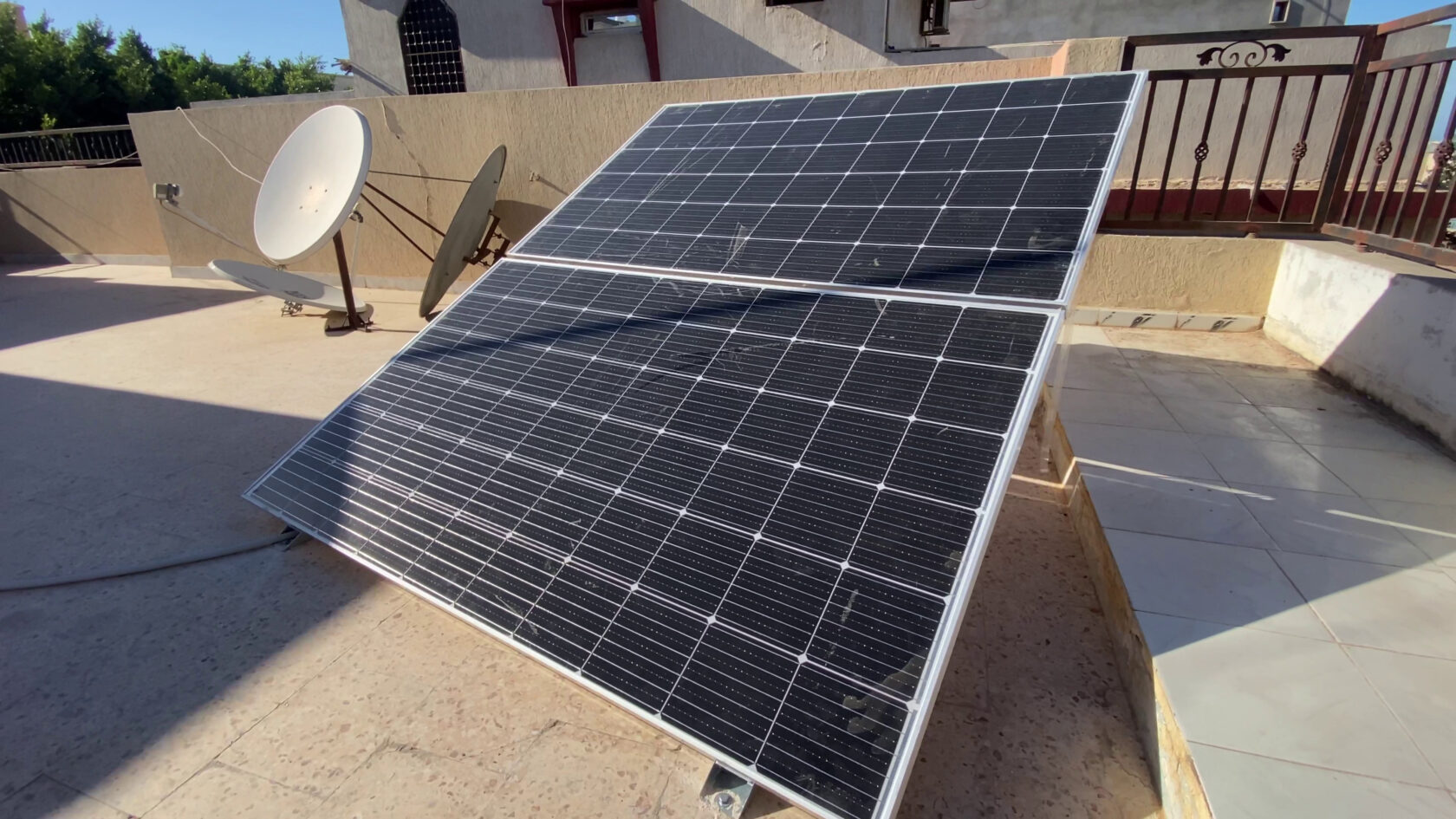
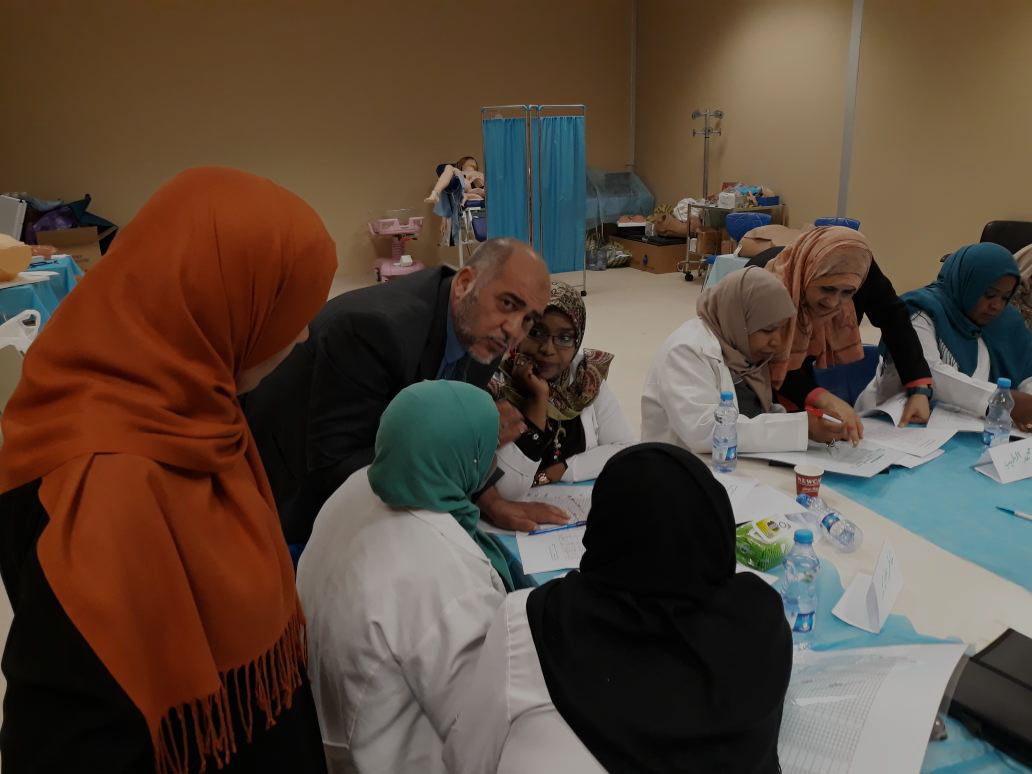
The humanitarian situation in Libya is very serious, with 1.3 million people in need of humanitarian assistance out of a total population of 6.4 million. In many cases, young boys and girls are the ones who suffer the most devastating consequences of this health crisis. The drawn-out nature of the conflict and the associated political instability have further restricted access to basic services.
The humanitarian crisis has been further aggravated by the continued erosion of the rule of law, leading to an increase in crime and human rights abuses. Kidnappings, arbitrary arrests and imprisonment are frequent occurrences throughout the country, while in some places, occupying militia groups have taken up the law enforcement mantle in the absence of a police force.
The Libyan health system is collapsing, and many healthcare facilities are only partly operational. The problem is exacerbated by a lack of specialised medical personnel, particularly in the fields of rehabilitation and nursing, and by severe shortages of medical supplies and healthcare equipment.
Although the extreme volatility of the public safety system creates difficulties, in some cases preventing humanitarian organisations from operating, we collaborate with other organisations and institutions to promote emergency interventions in the Fezzan area.
Specifically, we are working to improve access to basic healthcare services by supporting primary and secondary outlying healthcare facilities under the control of Ubari Hospital.
Our work is part of an initiative in Libya promoted by the Italian Agency for Cooperation and Development. The agency came to an agreement with area representatives, thus permitting the sending of emergency aid to hospital facilities in all five provinces of Fezzan that are suffering from a lack of basic supplies.
Working in this part of Libya is of strategic importance in order to promote communication with the local community, a crucial step in the implementation of the UN-backed Libyan reconstruction process. Given the grave humanitarian situation, the first step is to send urgent aid to some of the primary healthcare centres along the road linking Ubari to Sebah, thus drawing the attention of the Libyan authorities, the international community, humanitarian organisations and agencies and donor countries to the needs of these centres.
It is in countries like Libya, affected by severe political instability, that it is most important to invest in girls and boys. They are the defenceless victims in this situation, and it is only by working to guarantee their rights that we can guarantee a better future for the whole country.

Rossella Semino
Country representative
6,3 million inhabitants
9,5% population under 5 years old
7.375$ annual average income per capita
21% child malnutrition under 5 years old
9,6% school dropout rate
5,8 happiness index (on a scale of 1-10)
Source: Human Development Index 2016, United Nations Development Programme (UNDP)
Our projects
The humanitarian crisis in Libya has been dramatic for years. Our projects mainly concern the health sector and aim at the reconstruction of functioning hospitals and clinics, the training of doctors and nurses and the supply of medical equipment.
Energy Sustainability ensuring Accessible Healthcare for the Population in the South of Libya

Rehabilitation of quality medical services in the Zawya and Ghat districts
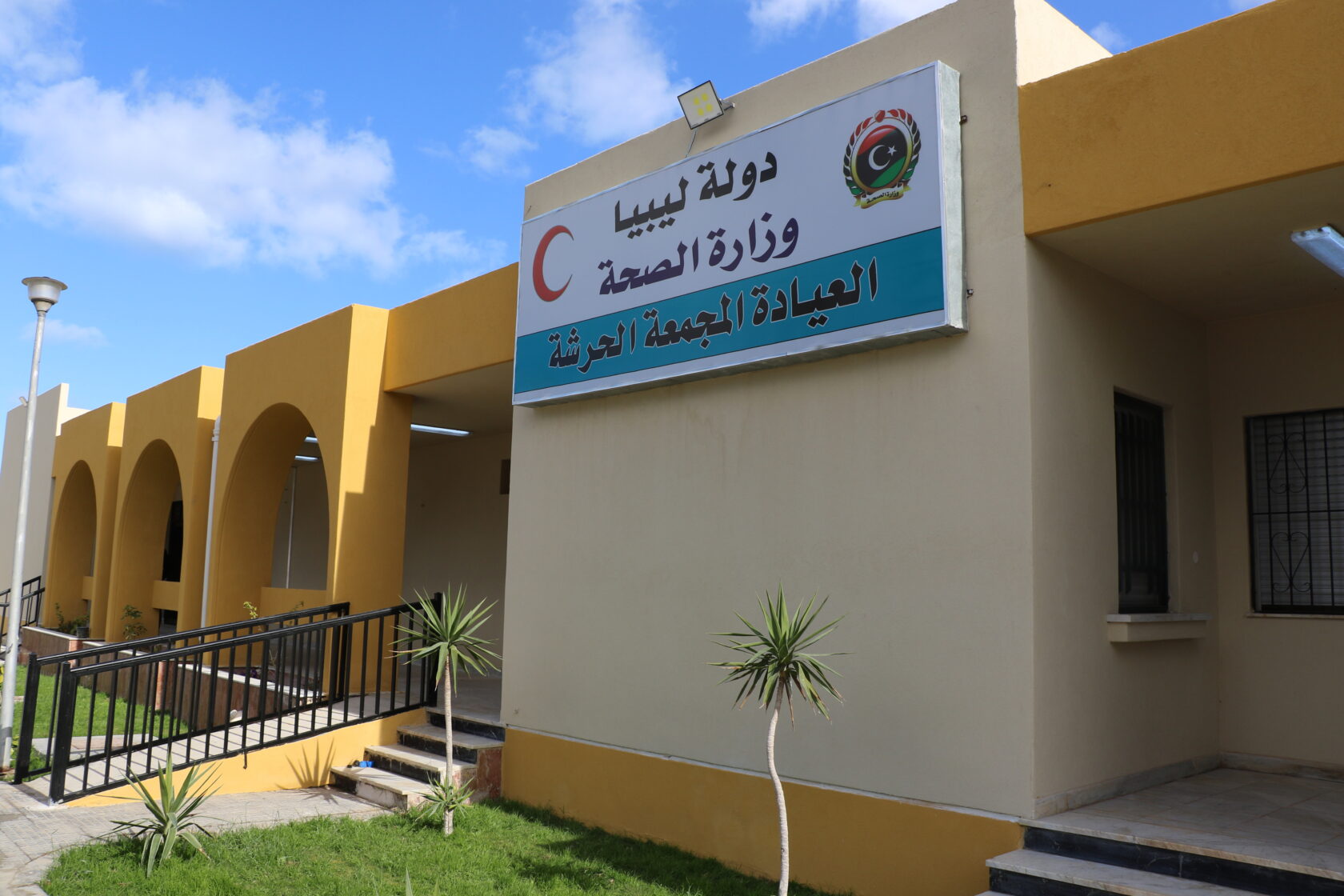
Emergency Assistance and Humanitarian Protection to migrant population in Tripoli area.
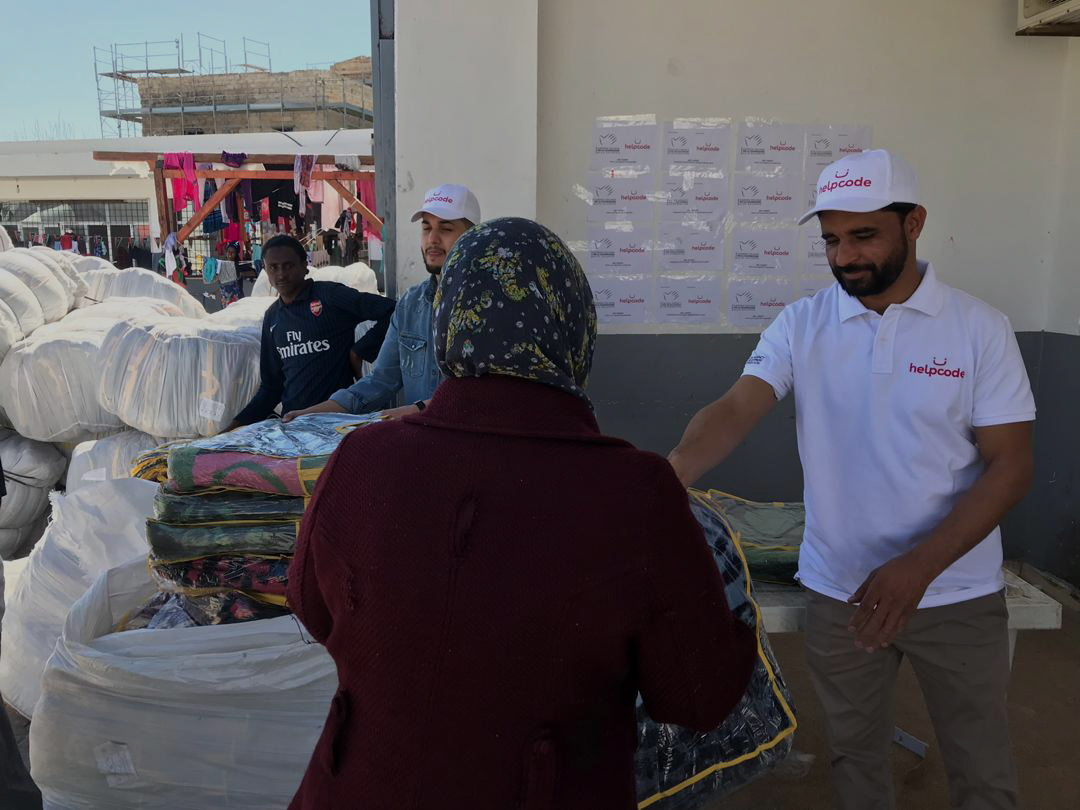
First aid intervention to improve the sanitary conditions in migrant detention centers in Tripoli, Libya
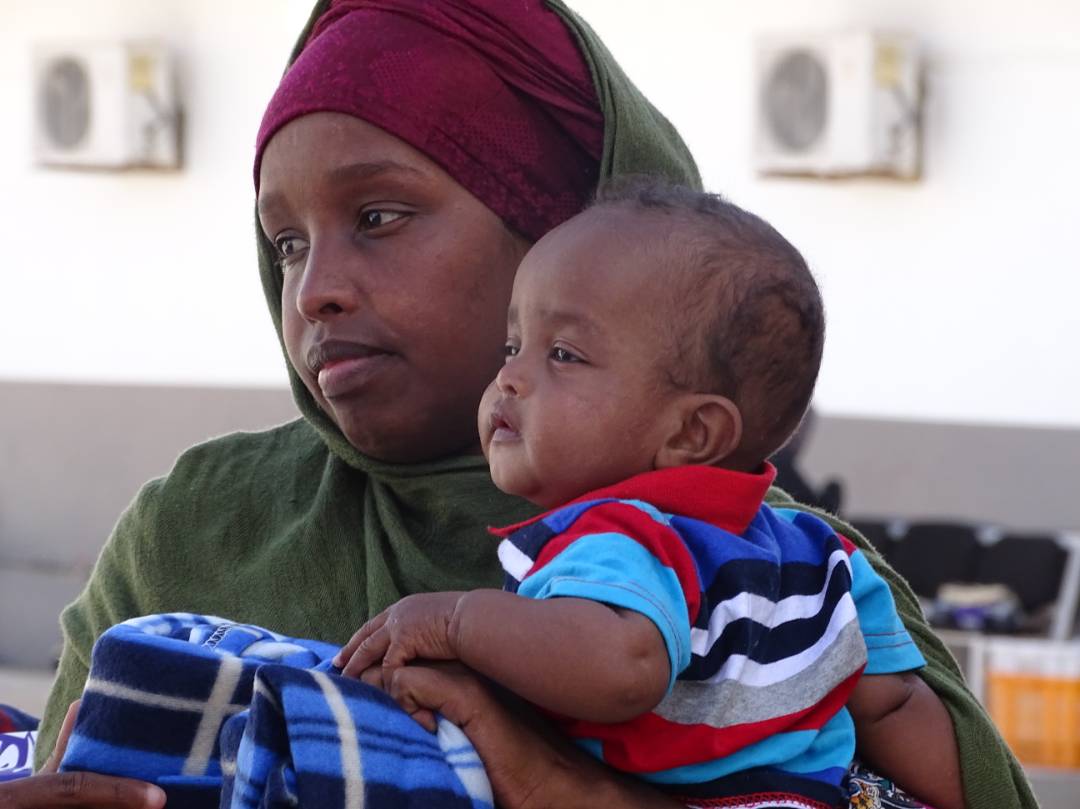
Improving healthcare services for vulnerable groups in Ubari, Fezzan

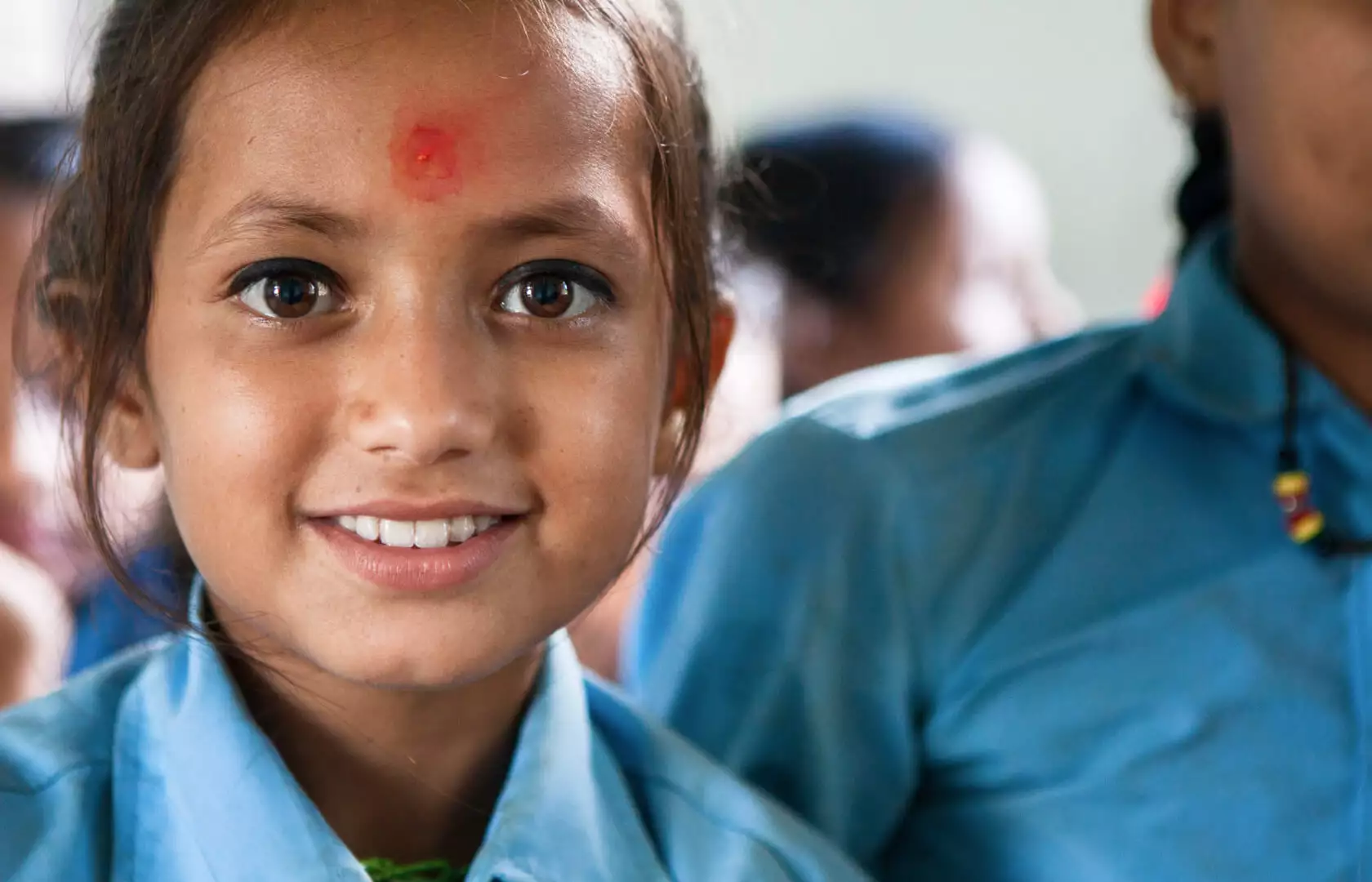
Guarantee a good education for all children.
Together we can eradicate educational poverty from the planet. Come and join the Helpcode community.
Make a donation
Help a child in difficulty now.
Make a monthly donation
Change the future for many more children, every day.
Sponsor a child
Help a child in difficulty carry on learning and growing, giving them a better future.
Would you like to help vulnerable children in a different way? Here are some suggestions.